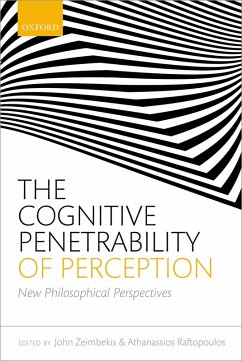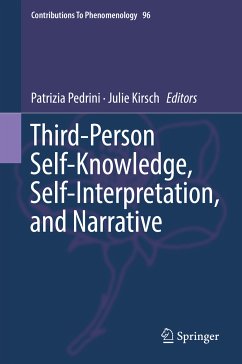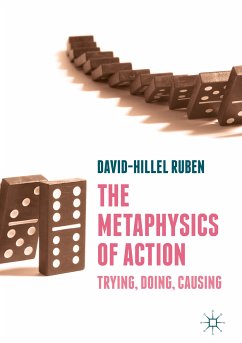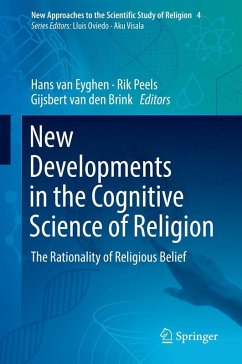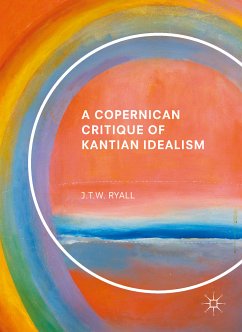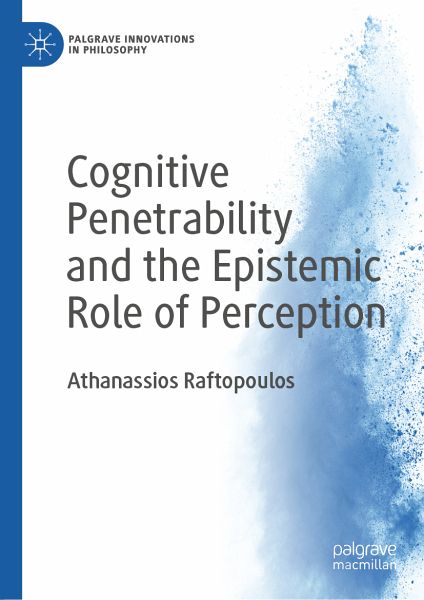
Cognitive Penetrability and the Epistemic Role of Perception (eBook, PDF)
Versandkostenfrei!
Sofort per Download lieferbar
64,95 €
inkl. MwSt.
Weitere Ausgaben:

PAYBACK Punkte
32 °P sammeln!
This book is about the interweaving between cognitive penetrability and the epistemic role of the two stages of perception, namely early and late vision, in justifying perceptual beliefs. It examines the impact of the epistemic role of perception in defining cognitive penetrability and the relation between the epistemic role of perceptual stages and the kinds (direct or indirect) of cognitive effects on perceptual processing. The book presents the argument that early vision is cognitively impenetrable because neither is it affected directly by cognition, nor does cognition affect its epistemi...
This book is about the interweaving between cognitive penetrability and the epistemic role of the two stages of perception, namely early and late vision, in justifying perceptual beliefs. It examines the impact of the epistemic role of perception in defining cognitive penetrability and the relation between the epistemic role of perceptual stages and the kinds (direct or indirect) of cognitive effects on perceptual processing.
The book presents the argument that early vision is cognitively impenetrable because neither is it affected directly by cognition, nor does cognition affect its epistemic role.
It also argues that late vision, even though it is cognitively penetrated and, thus, affected by concepts, is still a perceptual state that does not involve any discursive inferences and does not belong to the space of reasons. Finally, an account is given as to how cognitive states with symbolic content could affect perceptual states with iconic, analog content, during late vision.
Dieser Download kann aus rechtlichen Gründen nur mit Rechnungsadresse in A, B, BG, CY, CZ, D, DK, EW, E, FIN, F, GR, HR, H, IRL, I, LT, L, LR, M, NL, PL, P, R, S, SLO, SK ausgeliefert werden.





